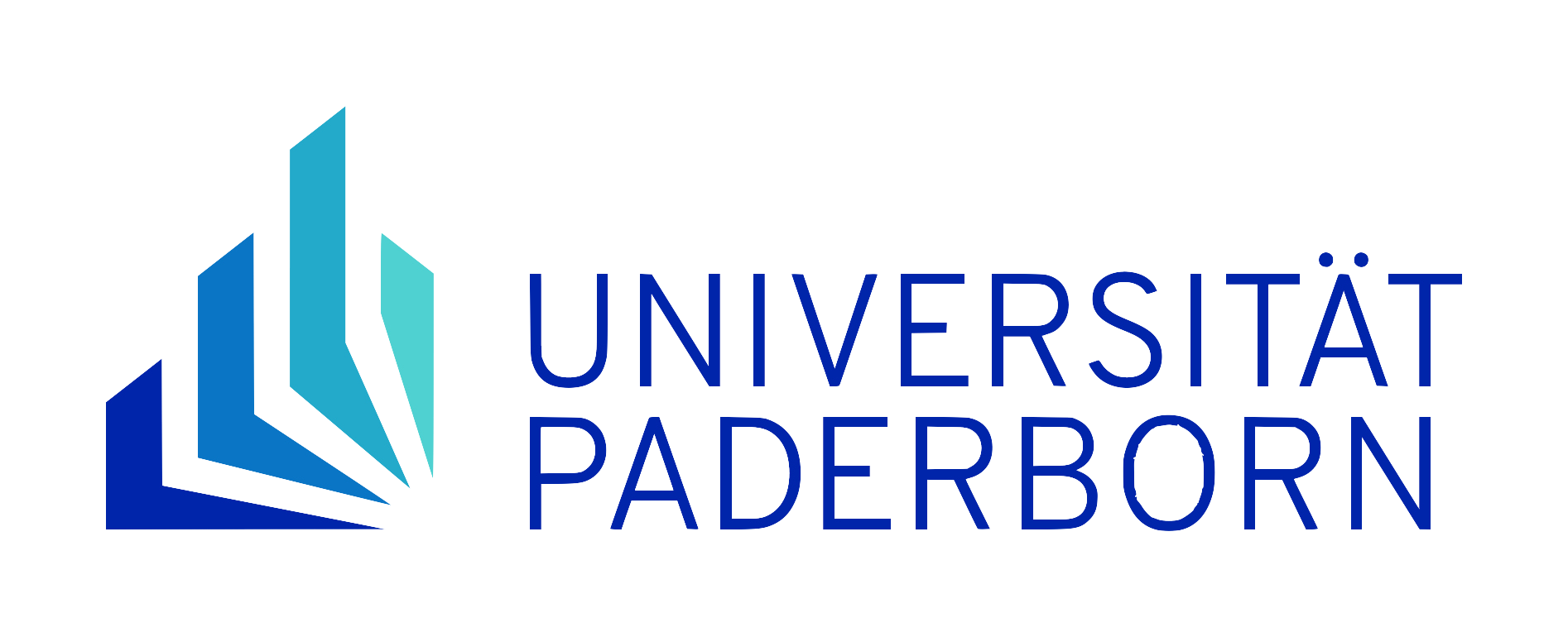Letter from M. Barnet to H. W. Henze, December 1, 1985
Settings
Show markers in text
Context
Absolute Chronology
Preceding
- 1985-01-16: to Henze
- 1985-01-16: from Henze
Following
- 1986-06-01: to Henze
- 1986-01-06: from Henze
[Manuscript]
I hope you received the book on Cuban Art
that I sent about 6 months ago.* I have
not heard from you since then. When
I was in Spain
last October* I tried
to call you but I felt guilty and I
did not take the phone.* I am in
debt with you because I think now
I can facilitate an invitation for you
to come and nothing was clear until
tonight. I just came back from a
very important Congress of intellectuals where
García Márquez and Luigi Nono among
other people you know where‡ here.*
My conversations with
Marcia Leiseca
where‡
were‡ very good and we spent a lot
of time talking about you together with
Alicia Alonso who now is the director
of the National Theater; a beautiful
(2)
huge and elegant installation where the
3 of us are planning to perform Cimarrón
for the next year, because 1986 is the
centennial of the abolition of slavery in
Cuba* and we plan to celebrate it with
this program and your presence.*
Brother, I am very very committed with
this project and I hope you will not
dissapoint‡ me. My purpose is to know if you
could be in Cuba after June 1986 anytime
from July to December. Tell me what
month you prefer, what week, what days‡
days‡...…*
I hope this time it will work smoothly.
Everybody here is wanting you to come and
the people from the N.‡ Opera theatre are willing
to work in Cimarron under your direction.*
Please, write to me about this issue and give me
your schedule of 1986. As always I am anxious
to talk to you and to see you. This time
(3)
things are different. Now I have come to the point
where my voice and opinions are taken
in consideration and my biggest wish is to see
you and Fausto again strolling around
the green and warm streets of Havana.*
I remember that when you left the airport
in 1969
or 1970
*
‡ you told me that Cuba for you
was liberation. That shows in Cimarrón
and in the rest of your work.
The moment has come when you have
to see us ageing
in this crazy but
faboluos‡
country that will always
be grateful to your love and your talent.
Please, let me hear from you as soon as
possible and don’t forget that to me it
was always very difficult and sad not to
be able to write to you in such positive
terms. Call me if you want. my telephone
is 36227.
A big hug and all my regards
to Fausto. Yours Miguel Barnet
Editorial
Responsibilities
- Editor(s)
- Elena Minetti
- Transcription
- Elena Minetti; Joachim Veit
Tradition
-
Text Source: Basel (Schweiz), Paul Sacher Stiftung (CH-Bps), Sammlung Hans Werner Henze, Abteilung: Korrespondenz
Shelf mark: Barnet, MiguelPhysical Description
- Document type: Letter
- blau liniertes dünneres weißliches Schreibpapier
- Faltung: 1mal längs, 1mal quer
- 1. Linie 28mm vom oberen Rand, Linien durchgängig, 39 Linien im Abstand von 6mm
- 3 folios
- 3 written pages
- Dimensions: 280x215 [mm] (HxW)
- beschriftet mit blauem Kugelschreiber ist nur jede 2. Linie
- Anrede 1,5cm, Rest auf S. 1: 2,5-5cm vom linken Rand, wieder schräg nach unten zunehmend, rechts bis zum Rand beschrieben; auf S. 2 nur noch 1-2cm Rand, auf S. 3: 1-3cm
Material
Extent
Layout
Writing styles
-
1.Handwriting, Barnet, Miguel, ballpoint pen (blue).
Text Constitution
-
"where"crossed out
-
"were"added above
-
"days"crossed out
-
"days"added above
-
"or 1970 "added above
Commentary
-
"where"recte "were".
-
"… people you know where here."The congress Barnet is referring to is the “II Encuentro de Intelectuales por la Soberanía de los Pueblos de Nuestra América” (Second meeting of intellectuals for the sovereignty of the peoples of our America) held in La Habana on 29 November 1985. As stated in the essay “Defining audible democracy: new music in post-dictatorship Argentina” by Violeta Nigro Giunta, pp. 125-143, Gabriel García Márquez gave a speech entitled “Palabras para un nuevo milenio” (Words for a new millennium), whose typescript speech is kept at the Harry Ransom Center and Luigi Nono also participated in a panel discussion.
-
"… abolition of slavery in Cuba"The transatlantic slave trade in Cuba was abolished in 1886. Numerous cultural events were organised for the centenary celebrations of the abolition of slavery, including conferences and the foundation of the Casa de África in Havana. See Schmieder, “Lugares de memoria, lugares de silencio: la esclavitud atlántica en museos españoles y cubanos desde una perspectiva comparada internacional”, p. 55.
-
"… this program and your presence."From the theatre programmes, reviews and correspondence consulted so far, it has not emerged that El Cimarrón was performed in Havana in 1986.
-
"dissapoint"recte "disappoint".
-
"… week, what days days ...…"See Henze’s answer in letter of reply of 6 January 1986.
-
"N."abbreviation of "National".
-
"… in Cimarron under your direction."Here, Barnet refers to the people who worked at the Gran Teatro de La Habana, which took this very name in 1985, at the initiative of Alicia Alonso.
-
"… warm streets of Havana ."Henze and Fausto did not come back to Cuba, see Henze’s answer in his letter of reply.
-
"… or 1970"Henze left Cuba for the last time in January 1970.
-
"faboluos"recte "fabulous".





